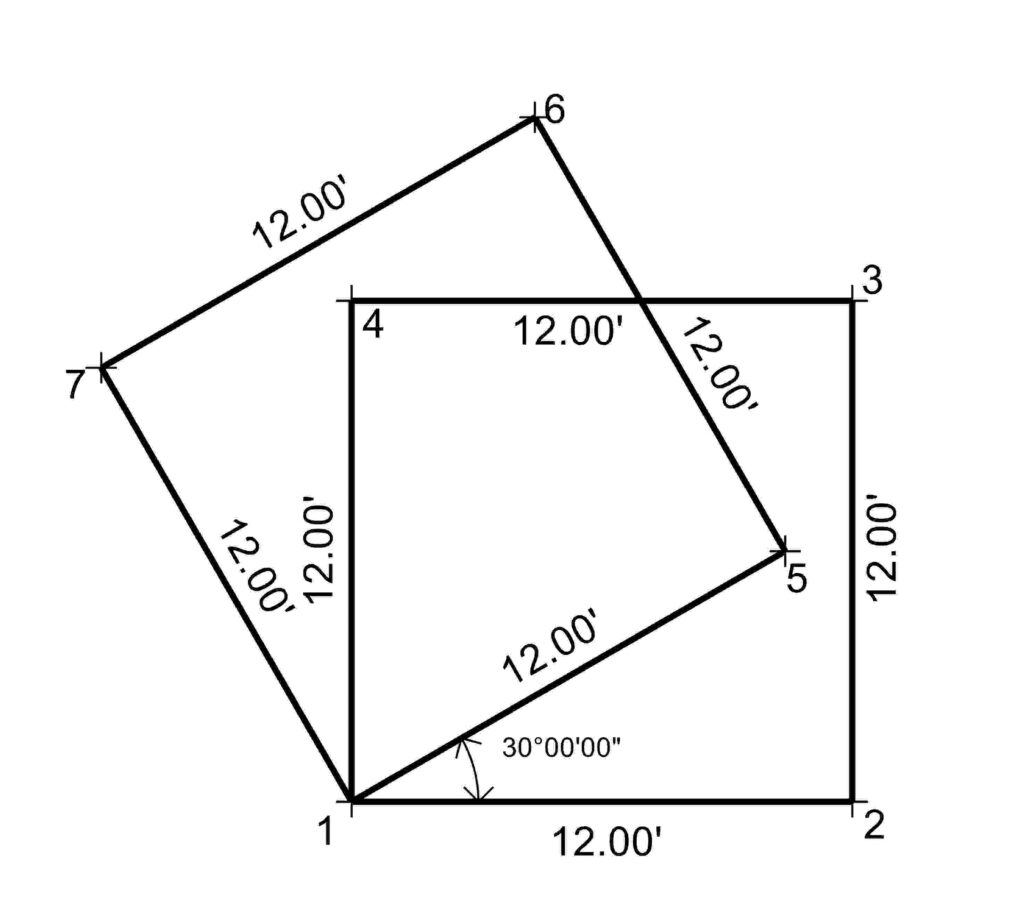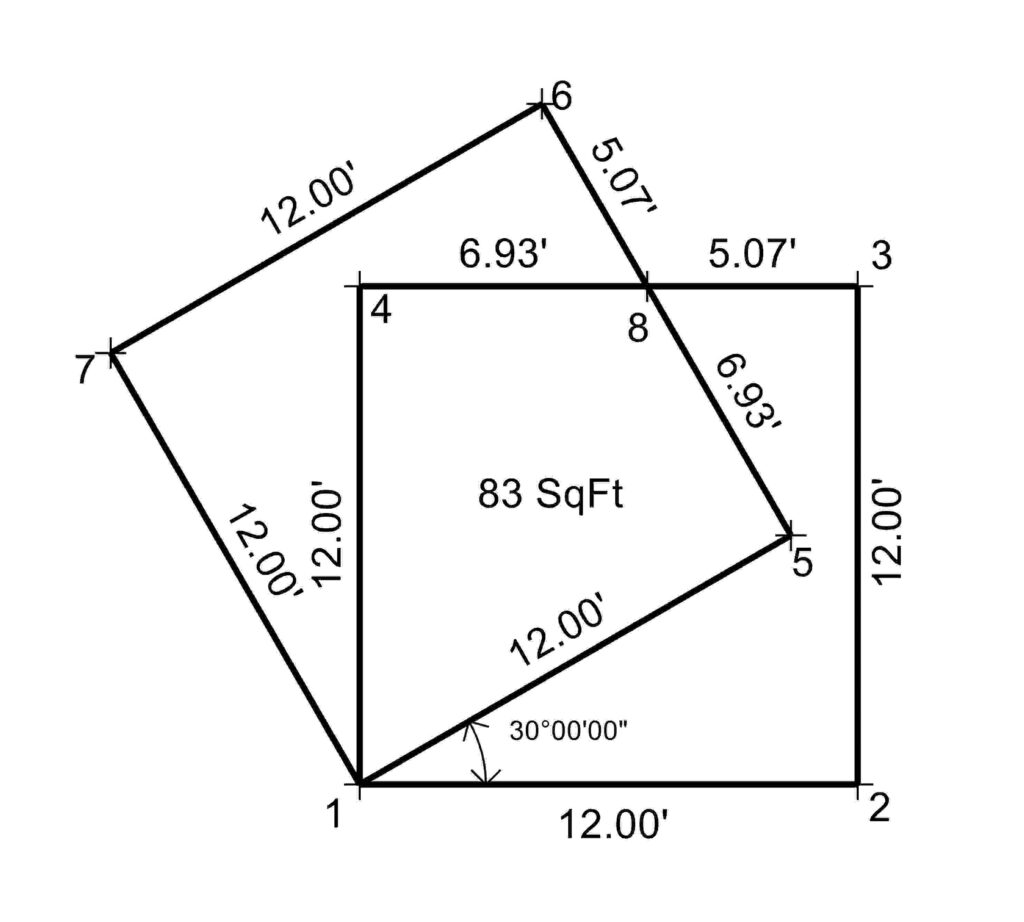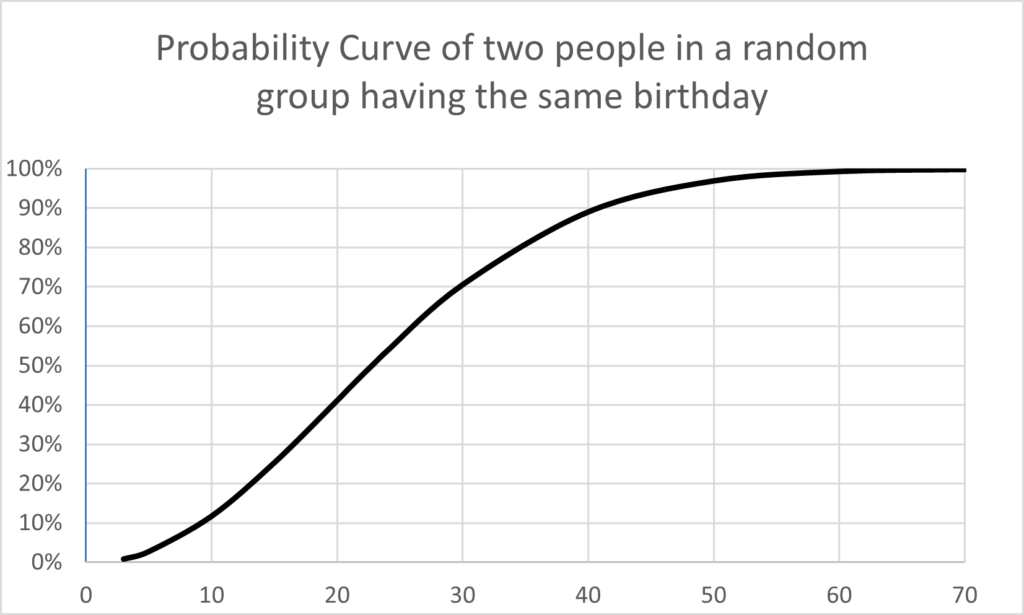An Interview with Warren Andrew Slay, Part 4
In this section, Warren talks about his experience during what historians and philosophers have called “The Science Wars.” He had a front-row seat; consequently, he has much to say about postmodernism’s short-term and long-term effects on scientific theory and society at large.
RTNM: What was the deal with The Science Wars?
WAS: Well…I don’t know where to begin. I think you need to get a little more specific with your questions. Didn’t you prepare? Do you even know what The Science Wars were? You disappoint me.
RTNM: I was trying to give you a wide berth. I know you have a lot to say about it.
WAS: OK. Let’s start at the moment I realized something curious was happening. Harvard University has a bookstore called The Coop. The books for the classes are all shelved and categorized as they would be in any university bookstore. Every semester I would buy my books, and I always took time to look around at what was on the shelves. I was confused by how many courses in multiple departments were reading Thomas Kuhn’s The Structure of Scientific Revolutions.
RTNM: Tell me more about that.
WAS: There were thousands of copies of Kuhn’s book on the shelves. When I looked at the courses teaching Kuhn, they were all in the humanities. The English department taught Kuhn’s book in nearly every class they offered. At this point, I was a newly arrived hillbilly from Ashtabula, Ohio, and had never heard of Kuhn and his book. Now, of course, I understand completely. They were using Kuhn’s ideas to preach their postmodern deconstruction and relativism.
RTNM: I have heard you say that Kuhn’s book is one of the most important ever written.
WAS: Yes, it is. Kuhn made science a human enterprise. His sociological view of science was highly influential. And, yes, it did herald in our postmodern, post-truth world. Kuhn’s Structure is a seminal work, a bible for the anarchists and postmodernists.
RTNM: So, Kuhn set the stage for The Science Wars?
WAS: In my mind, yes, he did.
RTNM: That is quite the legacy. What happened next?
WAS: Sigh…let’s start with Jacques Derrida and Deconstruction, a sloppy line of thinking that gave us a world of “alternative facts” and the death of respect for science and scientists. Along with Paul Feyerabend, Thomas Kuhn, and Bruno Latour, Derrida deserves a big chunk of the blame for where we are now in The Western World.
RTNM: And where is that?
WAS: We are living in a Post-Truth world. COVID is considered a liberal conspiracy, along with climate change, evolution, and the efficacy of vaccinations. I could go on and on. Derrida and his crew started all this nonsense. They tried their best to devalue science and the role of scientists in a civilized society.
RTNM: Why would they do that?
WAS: I believe there is a simple academic answer. As a Harvard University student, I heard and read a lot about “Physics Envy.” Other academic disciplines were deeply concerned about how effective the hard sciences are at getting to the fundamental nature of reality. The social sciences and the humanities certainly couldn’t make such claims. A seminal moment in this story is the 1960 publication of a paper by Nobel laureate Eugene Wigner. His “The Unreasonable Effectiveness of Mathematics in the Natural Sciences” was a brilliant paper. It angered academics in other disciplines because Wigner stated the case that mathematics, as the language of physics and the other hard sciences, has done much more than any other line of inquiry to add to human knowledge. Mathematics had done more to give us control over our natural surroundings than any other form of investigation, and he was right. Because of mathematics, we have space shuttles, MRI machines, particle accelerators, GPS devices, microwave ovens, and countless other technological marvels. When people fly, they get to their destination because someone has added and subtracted correctly. The contributions of literary criticism pale in comparison.
RTNM: Derrida had no respect for mathematics, did he?
WAS: All postmodernists, notice I didn’t say postmodern thinkers, as I try to avoid oxymorons at all costs… They think that all mathematics, and all knowledge in general, is socially constructed. They believe all science is socially constructed, that it is created out of the ether by balding white men whom all have political agendas. It is really very depressing.
RTNM: So…
WAS: Let me say that postmodernists, with Derrida leading the charge, believed that science was just another way of thinking about the world and that the results were no more valid than what anyone else thought. Sound familiar? We live in a world where the president of the most powerful nation can deny science when it suits him. If he doesn’t want climate change to be true, it is not. Suppose he believes that there were 10,000,000 people at his inauguration when photographic evidence refutes his claim. In that case, he has “alternative facts” that are just as valid as any so-called evidence people may point to.
RTNM: Postmodernists…
WAS: Certain people, the mighty Deconstructists in Derrida’s Army, were calling for Harvard to become open admissions. They wanted to do away with academic rigor; they believed it to all be socially constructed nonsense brought into existence by people wishing to keep power. In their opinion, science wasn’t discovering any truths. It really was an astonishing time. I remember talking to one such person, and I brought up DNA and how helpful its discovery has been to humanity. She looked at me angrily and said, “You believe in DNA?” That is a true story.
RTNM: Why were you exposed to this? You were studying archaeology, right?
WAS: My first graduate degree is in The History of Science, my second is in Anthropology/Archaeology, and it was in the anthropology department that I got a front-row seat to all this nonsense. Postmodernists forced their way into anthropological and archaeological debates. It was a mess. In the 1960s, there was a revolution in archaeology that led to what is called “processual archaeology,” which, to gloss over it, was the introduction of scientific methods into the discipline. It really did change everything about archaeology. Archaeologists were no longer about the discovery of objects; they became interested in discovering the laws that govern human behavior. Processual archaeology was well established from the mid-1980s to the early 1990s when I was in Cambridge. Then came what was termed “post-processual archaeology,” along with all the deconstruction and other nonsense proposed by the postmodernists. The postmodernists suggested that the archaeological record be read as a text and criticized and analyzed as any other text.
RTNM: I recall you telling me that your advisor was very interested in these ideas.
WAS: Bob Preucel, yes, he was. We had many long talks about this stuff. He took a deep dive and had many interesting things to say about postmodernism. I am not sure we ever agreed about one thing, but he is a great guy. I always enjoyed talking to him about the processual versus the postmodern; he was (and I am sure still is) a deep thinker. He was genuinely interested in what was happening in what was then our increasingly postmodern world. That said, I kept telling him that if we did away with rigorous academic standards and valued the irrational as much as the rational, we would have nothing more than tribes running around clubbing each other over the head. I was right; for a long time, that is what happened.
RTNM: And then along came Alan Sokal…
WAS: Yes, thankfully, the universe conjured up a brilliant mathematician and physicist named Alan Sokal. I encourage everyone to research The Science Wars, and when you do, you will come across something called “The Sokol Affair.” Many people believe that Sokal put an end once and for all to The Science Wars. Victory, of course, belongs to the rational, the mathematical, and the academically rigorous.
RTNM: Take us through what happened.
WAS: Sokal wrote an article called “Toward a Transformative Hermeneutics of Quantum Gravity.” He sent it to a journal called Social Text which was affiliated with Duke University. The journal, a product of postmodernists (notice again, I did not say postmodern thinking), was not peer reviewed and, in proper Derrida-inspired form, had no explicit standards. Of course, the journal published the paper. Shortly after, Sokol revealed that the article was a joke, a string of nonsense that he pasted together that had no logical structure or meaning. He scammed the journal to illustrate that standards based on reason were preferable to anything the postmodernists offer. As I recall, it was a beautiful day when I read what happened.
RTNM: Many people who read this interview will not be familiar with postmodernism. Can you give a brief overview?
WAS: I always quote Homer Simpson when asked about postmodernism. I say that postmodernists live in a world where people throw ducks at balloons, and nothing’s the way it seems. That sums up their position perfectly. I know, I know, you want a little more. Postmodernists believe there is no discoverable objective reality. All knowledge is socially constructed and is biased in favor of the constructor. Therefore, there is no scientific “truth” to be discovered.
Moreover, any historical truth is also an illusion. That was why they attacked archaeology (at least partially why) during The Science Wars. They are dubious of mathematics and logic and believe there is no objective truth to be discovered. They are very suspicious, no make that downright hostile, toward science. They believe scientific knowledge does not describe reality; it is merely political in nature. Old, balding white men use it to remain in power. As I said, they throw ducks at balloons.
RTNM: Anything more you would like to add?
WAS: One thing always struck me about the radical, deconstructionist, postmodern adherents I have known. They passionately spew their thoughts and act like they believe everything that they say…until they get sick. Everyone I have known runs as fast as they can to find the best practitioner of Western Medicine available. They don’t go to psychics, they don’t have their tarot cards read, they then instantly believe in the power of science when their life or the lives of their loved ones are at stake. I have always found that interesting.
RTNM: Final thoughts?
WAS: The postmodernists did their best to devalue science and were successful. We are now living in a post-truth world where fewer and fewer people believe that scientists have any authority to speak on scientific topics. Climate change has become nothing more than a liberal conspiracy. People who are against using vaccines are running for Congress and winning. The situation is dire, and I am not optimistic about the future.
Of course, Warren has given a broad overview of this topic. He stressed that the arguments are sometimes very subtle and peppered with nuance. The average person need not care about the details. The important thing, he said, is that postmodernism is nearly dead, but its legacy of science denial is growing stronger. The stakes, he said, couldn’t be higher. He mentioned that he thinks it is probably already too late to do anything about climate change. It will take a technological intervention of tremendous magnitude to fix things. He just hopes that people will be willing to fund the science necessary to get the job done.
This transcript has been lightly edited for clarity.






